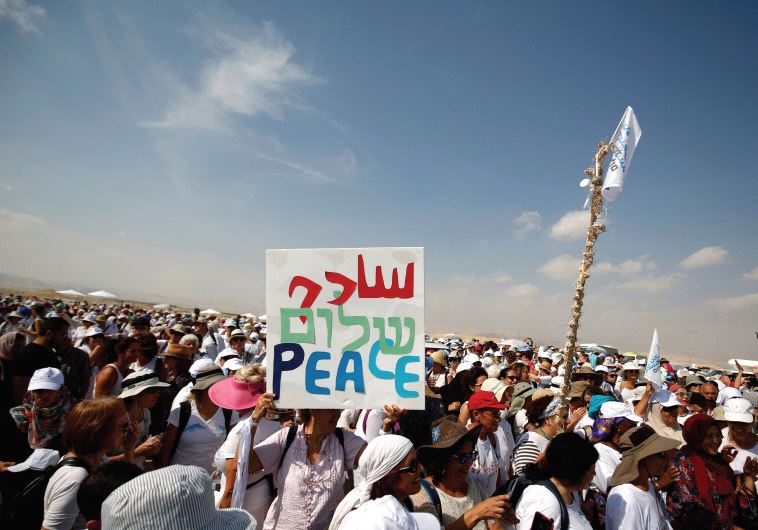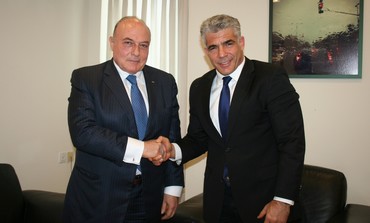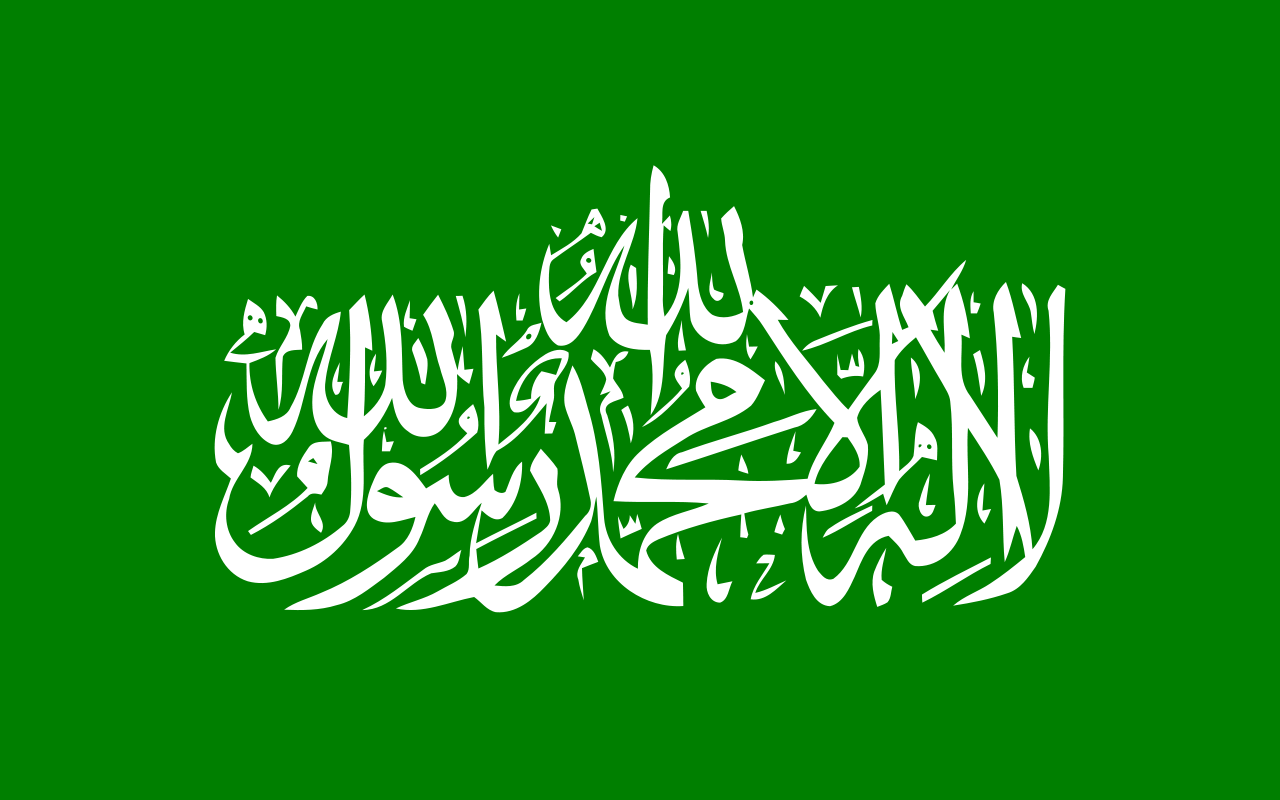Round four is over. Now is the time to get ready for round five. The next time Israel goes to an election, it is imperative that the political map from the center to the Left look entirely different. Even though Labor and Meretz came out better than predicted, we need to begin working on the creation of a larger political bloc that includes what is today Labor, Meretz and the most of the Joint List. This new bloc could also bring along parts of Yesh Atid and some of those who voted for Blue and White. These political parties can find a shared definition of the State of Israel under which they can all come together: Israel is the democratic nation-state of the Jewish people and all of its citizens. This is a compromise sentence under which a large part, if not a majority of the voters of the above parties can come together. It will not bring in Israeli Jewish nationalists nor will it attract Palestinian Arab nationalists. It won’t bring in those Israelis who believe that the Land of Israel was given to the Jewish people by God. It will be a liberal party that supports equal human rights for all sectors of Israeli society. It will support the end of the Israeli occupation over the Palestinian people and push for renewed direct Israeli-Palestinian negotiations. It will be a political movement that supports social justice and will be against the privatization of social services. It will be a political movement that will put the environment before tycoons. The movement will not include those who are opposed to territorial concessions to the Palestinians. It will not include those conservatives who are opposed to full equal rights for lesbian, gay, bisexual and transgender communities. It may not be able to come to a full agreement over the full separation of religion and state, but it will support local communities’ rights in dealings with issues concerning public transportation and commerce on Shabbat.
Breaking down existing political parties and creating a new political movement is not going to be an easy task. It seems that supporters of Meretz will be the first to stand up for this change. Labor supporters of Merav Michaeli will be resistant in the face of her success in breathing new life into a dead party. But they should see the larger picture and the need for Labor to evolve into a more relevant and larger political bloc. The Joint List will also resist and – probably Balad would not join – but Hadash led by Ayman Odeh should play a leading role in creating this new political movement. Odeh has repeatedly said, referring to the Arab voters, “we cannot achieve what we want without being part of the establishment and our allies in the center-left cannot become the establishment without our support.” This is totally true.
Creating the movement must provide for full representation and equality and this is also a major challenge. It must have equal representation for women and men, for Jews and Arabs, for the center and periphery groups, for Mizrahim and Ashkenazim and so on. It might be a good idea to have a joint rotating chair – one Jew, one Arab – each as No. 1 for two years. The Green Party in Germany did just that. The movement would have to be totally bilingual in its publications and statements. The party has to be present on the ground all over the country – in every city, town and village, and not just before elections. The idea is not just a political party, but a political movement with a vision, dynamic leadership, challenging ideas and proposals and activities on the ground throughout the year. The challenges in creating this new political expression of what the Left in Israel should look become are overwhelming.
Over the past two years there have been several initiatives to create a new Jewish-Arab joint party. None of them had the “juice” to turn into reality. There were some great people involved and a lot of very interesting discussions were held but none of the active political leaders from the camp were actually a party of the process. They must be involved from the outset in creating this new political movement.
THE PROCESS should begin with a very large conference involving all of the shared society organizations in Israel together with senior leaders and activists of the existing political parties. Small think-tank groups should be formed to develop policy briefs with proposals on how to address the main core issues – the definitions of a shared society, how to create equality within Israeli society, issues of religion and state including and addressing Judaism, Islam and Christianity within Israel, the Israeli-Palestinian conflict, peace and security, the climate crisis and the economy. An additional and essential working group would focus on structure and the creation of the new political party. At the conference, which would be a landmark event, proposals on all of these subjects should be presented and the participants should not only be encouraged to express their opinions, the participants at the conference should vote on whether or not they support the proposal using electronic voting technologies.
The creation of a political movement is based on engagement and participation and on efficacy – the knowledge that your opinion matters and can be influential.


